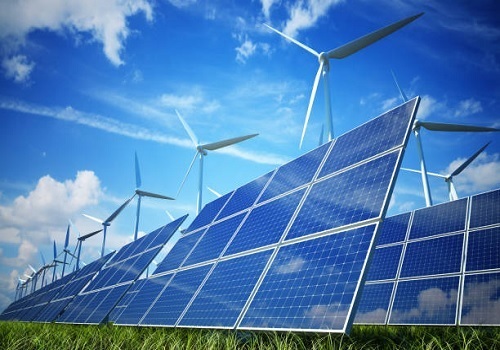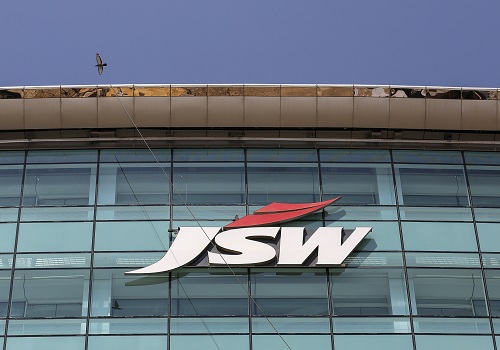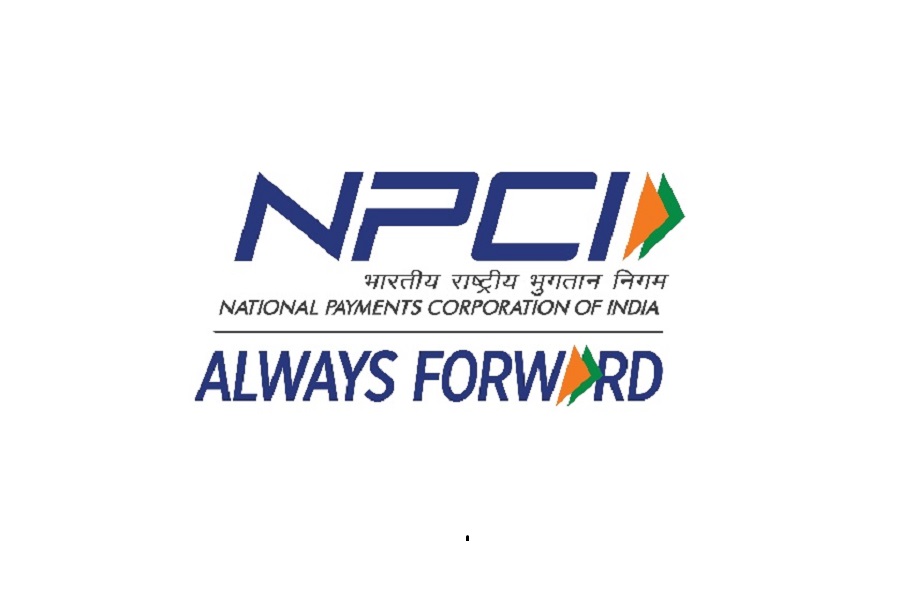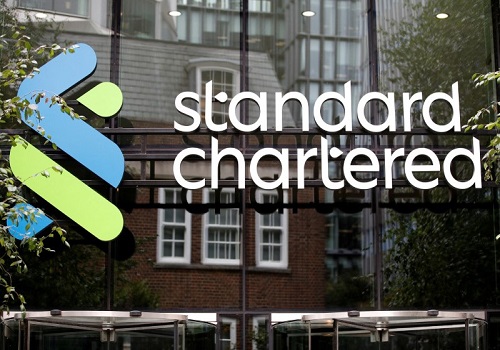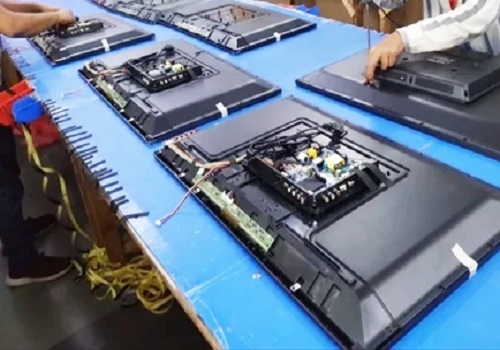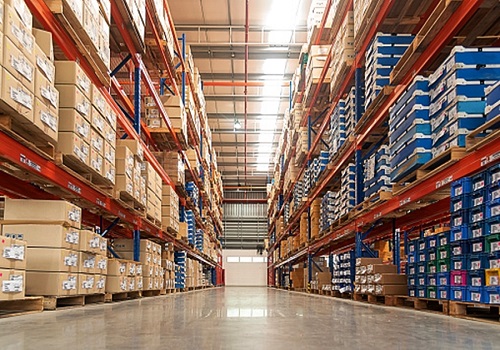SECI plans 500 MW solar thermal capacity tender in 2024-25 in big push to green energy
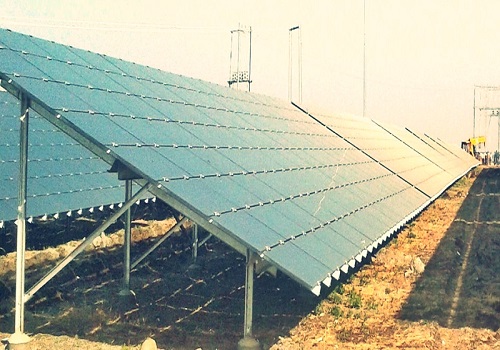
The Solar Energy Corporation of India (SECI) is likely to float a tender for 500 megawatt (MW) of solar thermal capacity by the end of 2024-25, company chairman R.P. Gupta said on Wednesday.
"This will be the first time in India that such a tender would be floated on this scale. The projects under the 500 MW tender will have advanced technology where steam would be generated through heat and it would also help in running turbines," the SECI chief said while addressing the India Energy Storage Week event here.
"We require energy round the clock and we let the developer find his own solution. What is the kind of solar component, the wind component and the energy storage component which he wants to have. Let them design it and offer round the clock energy to us," Gupta added.
Emphasising on the waiver of transmission level for charging and discharging, Jishnu Barua, Chairperson, CERC said: "A lot of new developments have taken place and prices are bound to come down. Energy Storage has a big role in stabilising the grid, enhancing reliability and optimising use of renewable energy. From energy access and availability, India's electric sector is now focusing on stabilising it."
Speakers at the event emphasised that energy transition was the need of the hour to achieve the Net Zero goal by 2070.
Ghanshyam Prasad, chairperson Central Electricity Authority, said: "Grid is facing the challenge on the ops side, regulations are an area of challenge. In the last 14-15 months, 47 disturbances affected 1,000 MW and is going as high as 3,700 MW. We need to keep on adding RE and ensure grid disturbance doesn't occur. In India, peak load experience is during the day hours, 2-3 p.m. We need to focus on measures to improve the healthiness of the grid during evening hours and therein storage will play a big role in the evening hours."
Dr. Rahul Walawalkar, president, India Energy Storage Alliance, said: "Safety is a significant area where we need to deploy new measures and technologies. I urge the industry to not compromise on safety. As India is moving towards a big vision to scale up its GWh capacity, we cannot afford any mistakes. We have to grow economically, environmentally, and safely, moving away from the low-pricing model."















